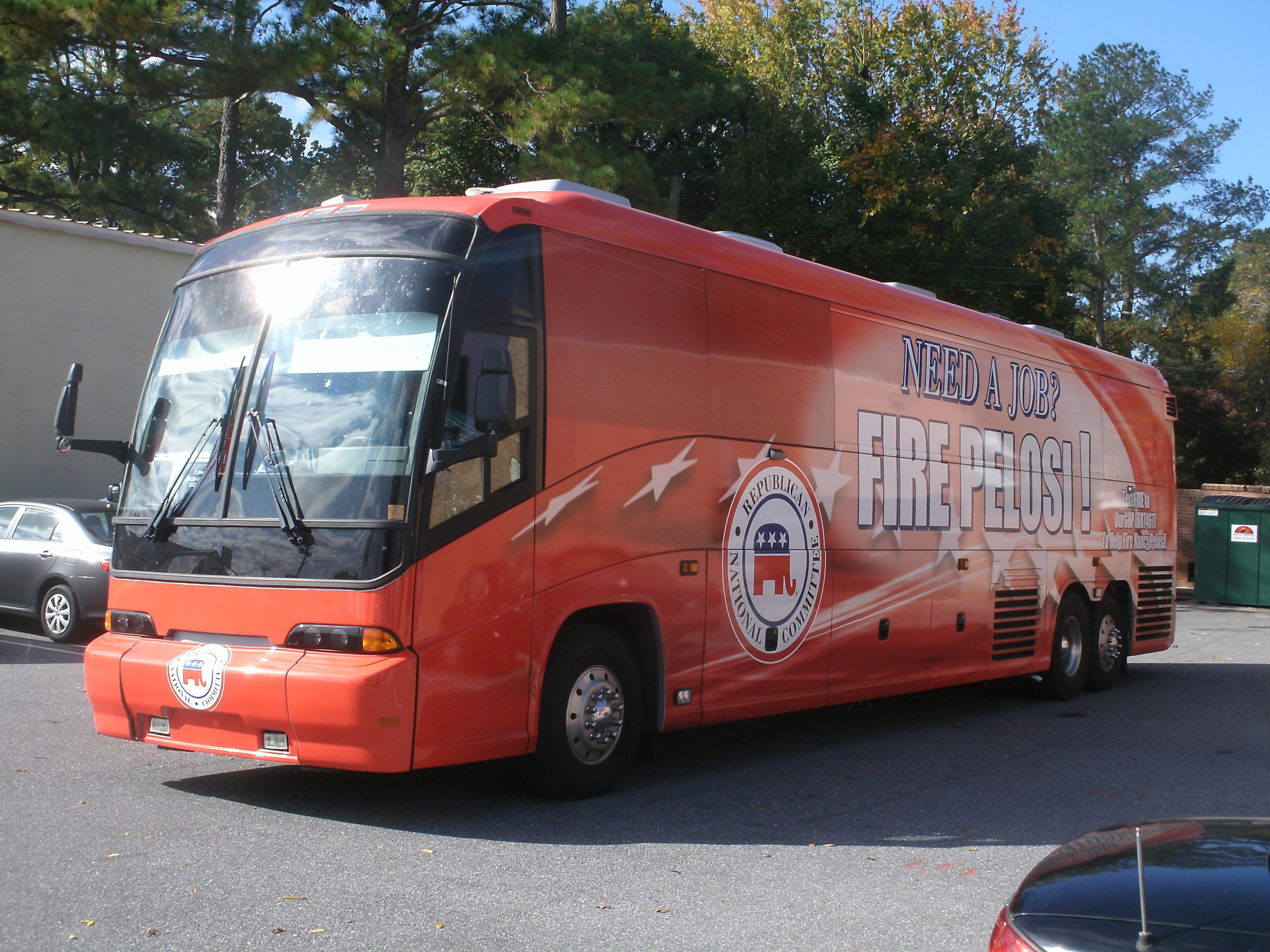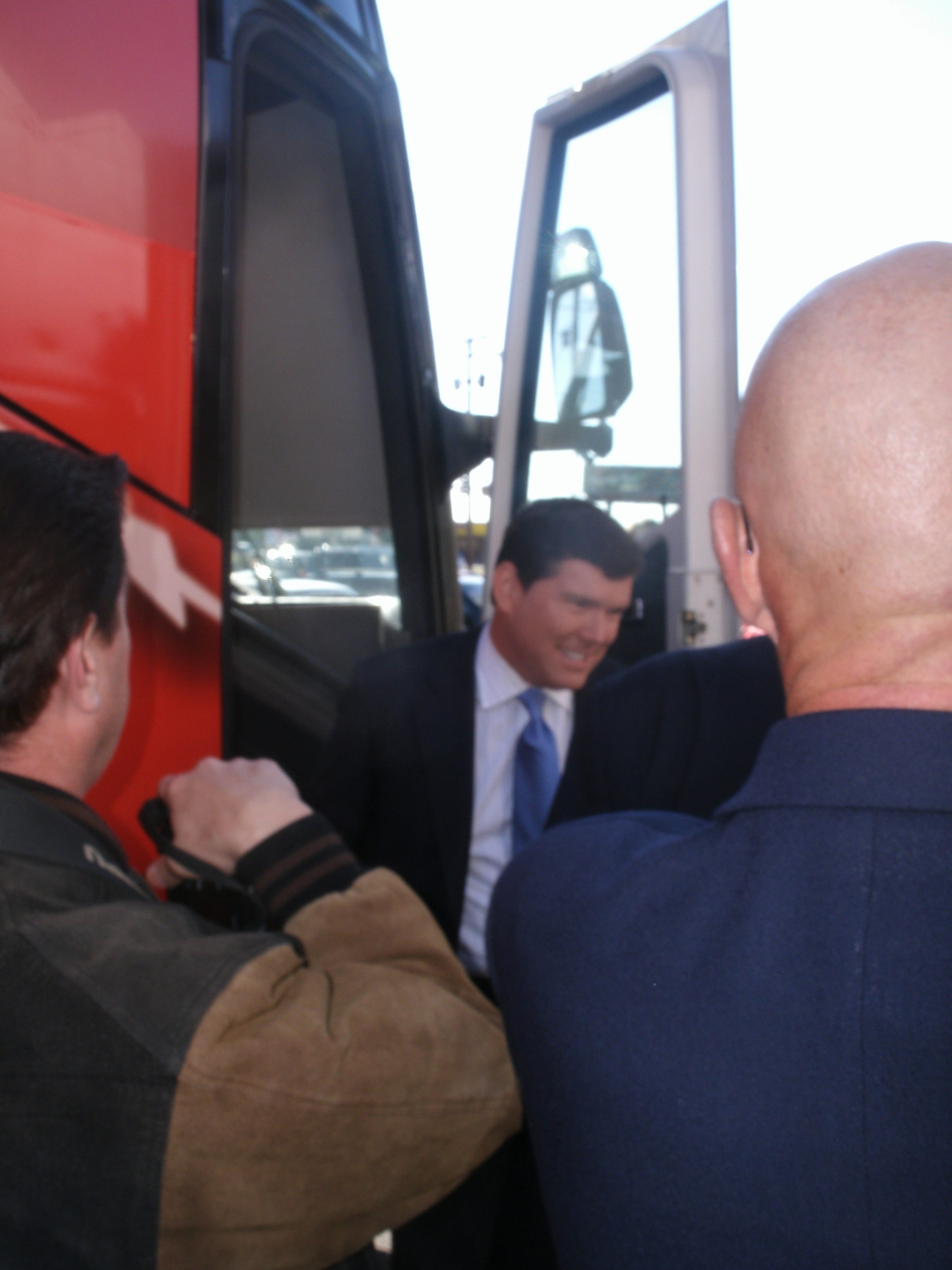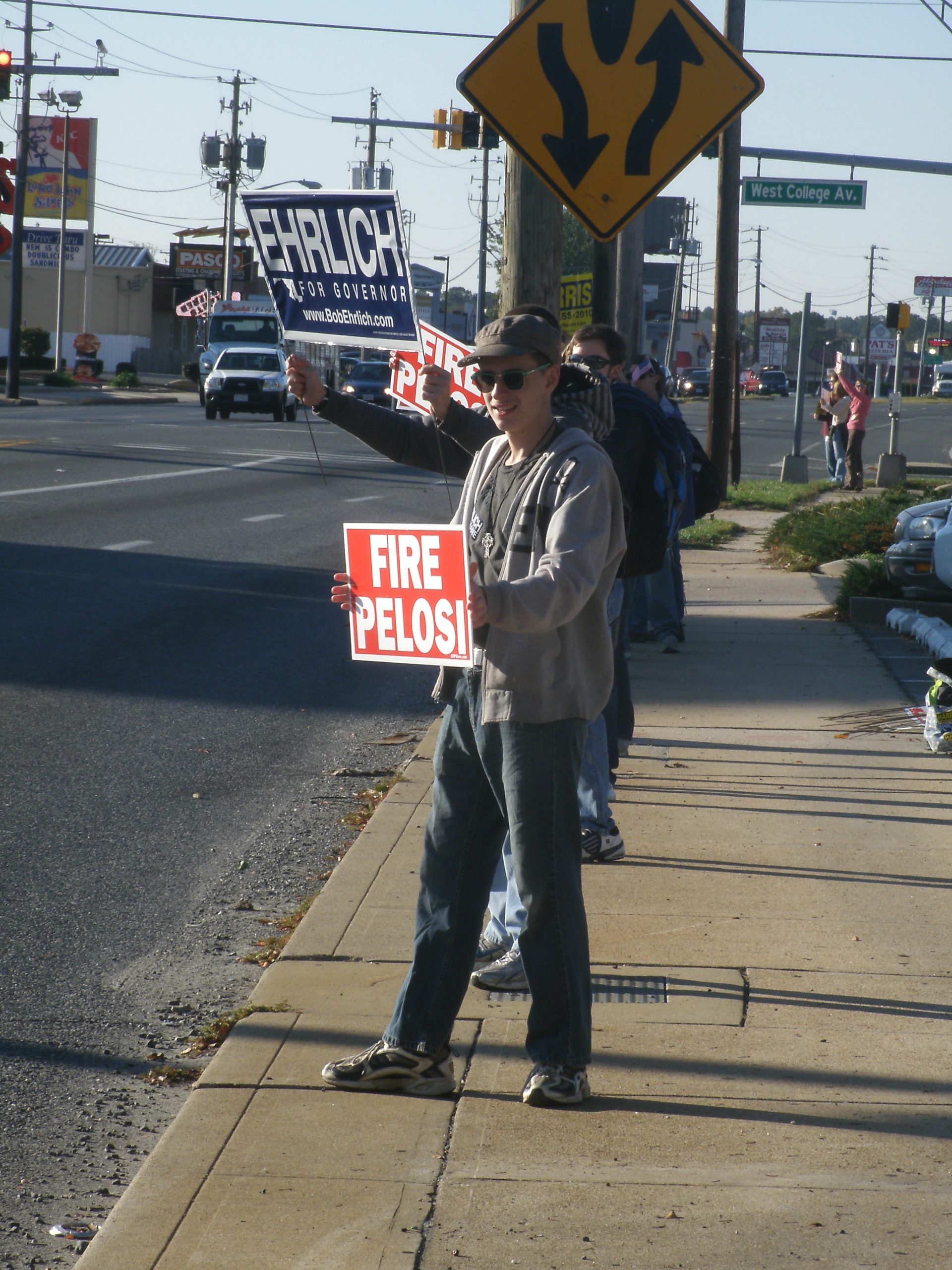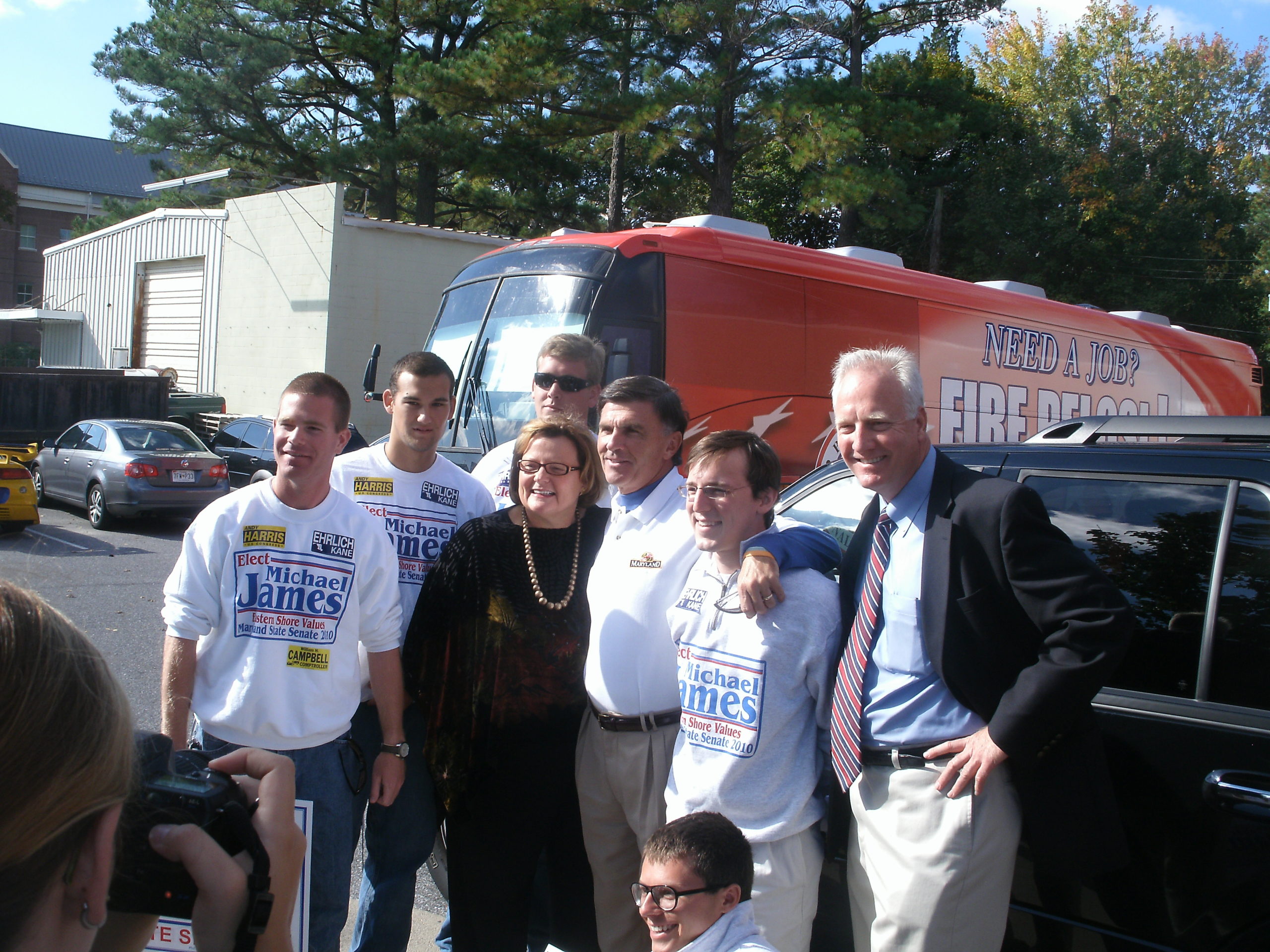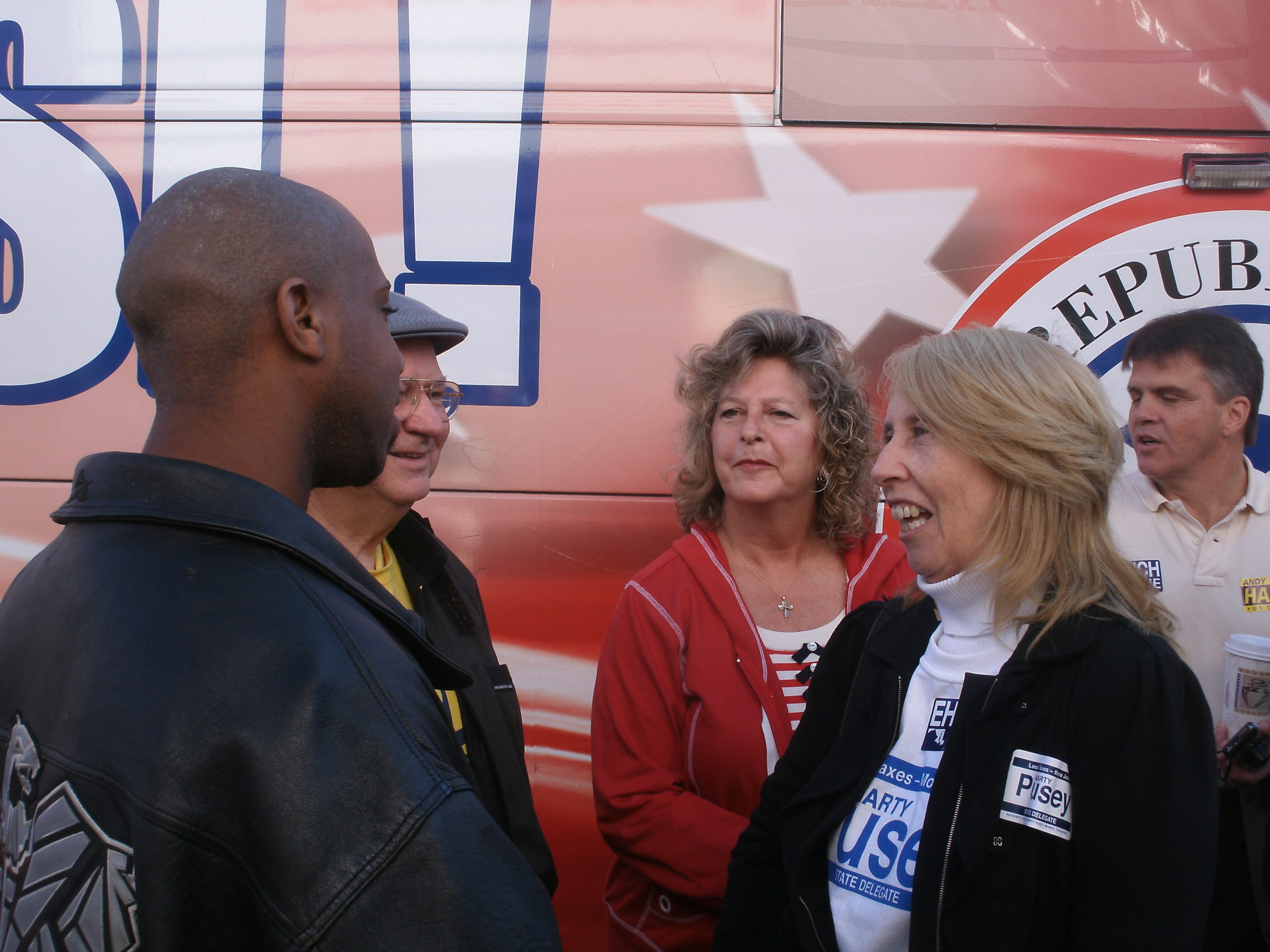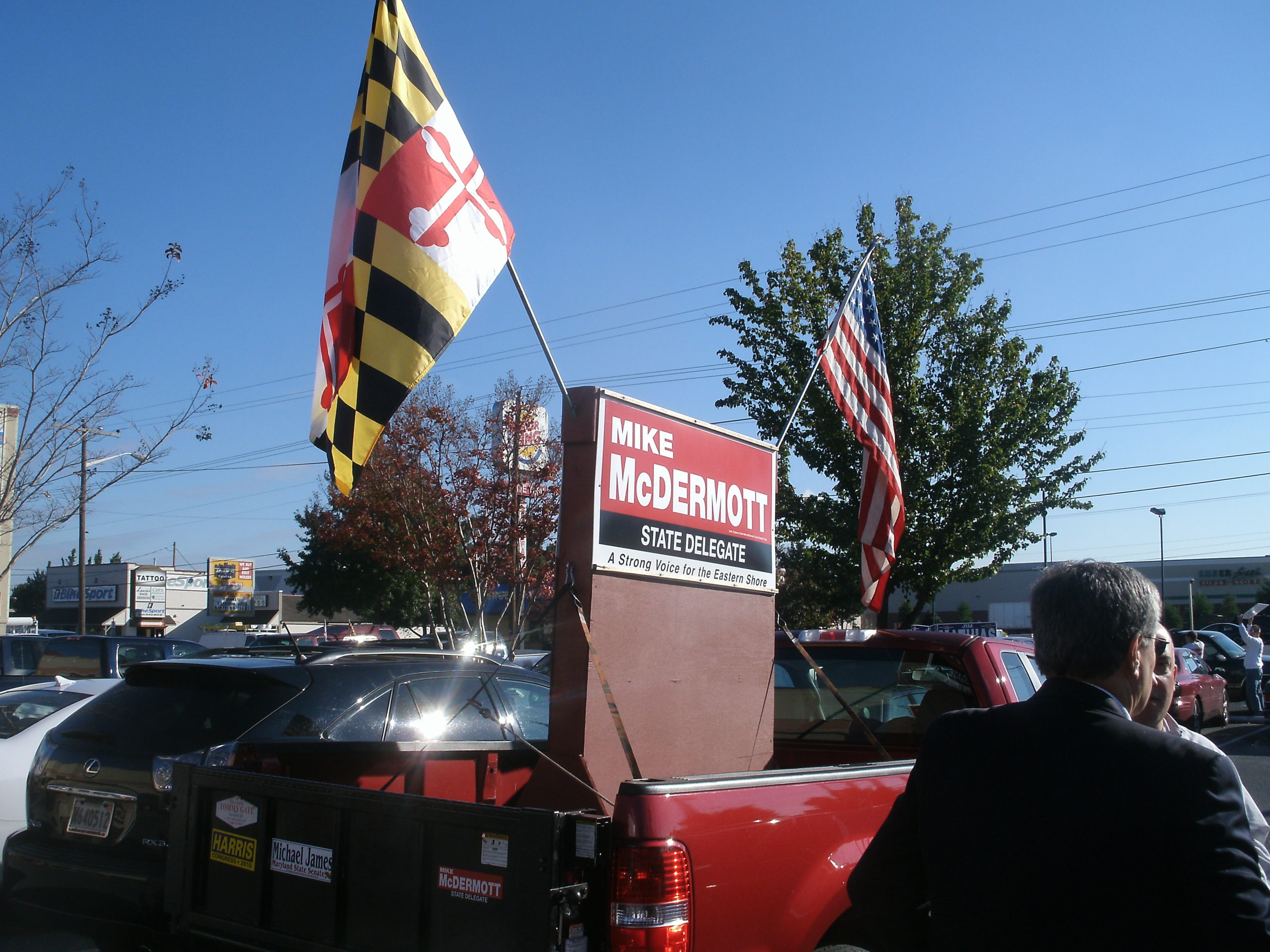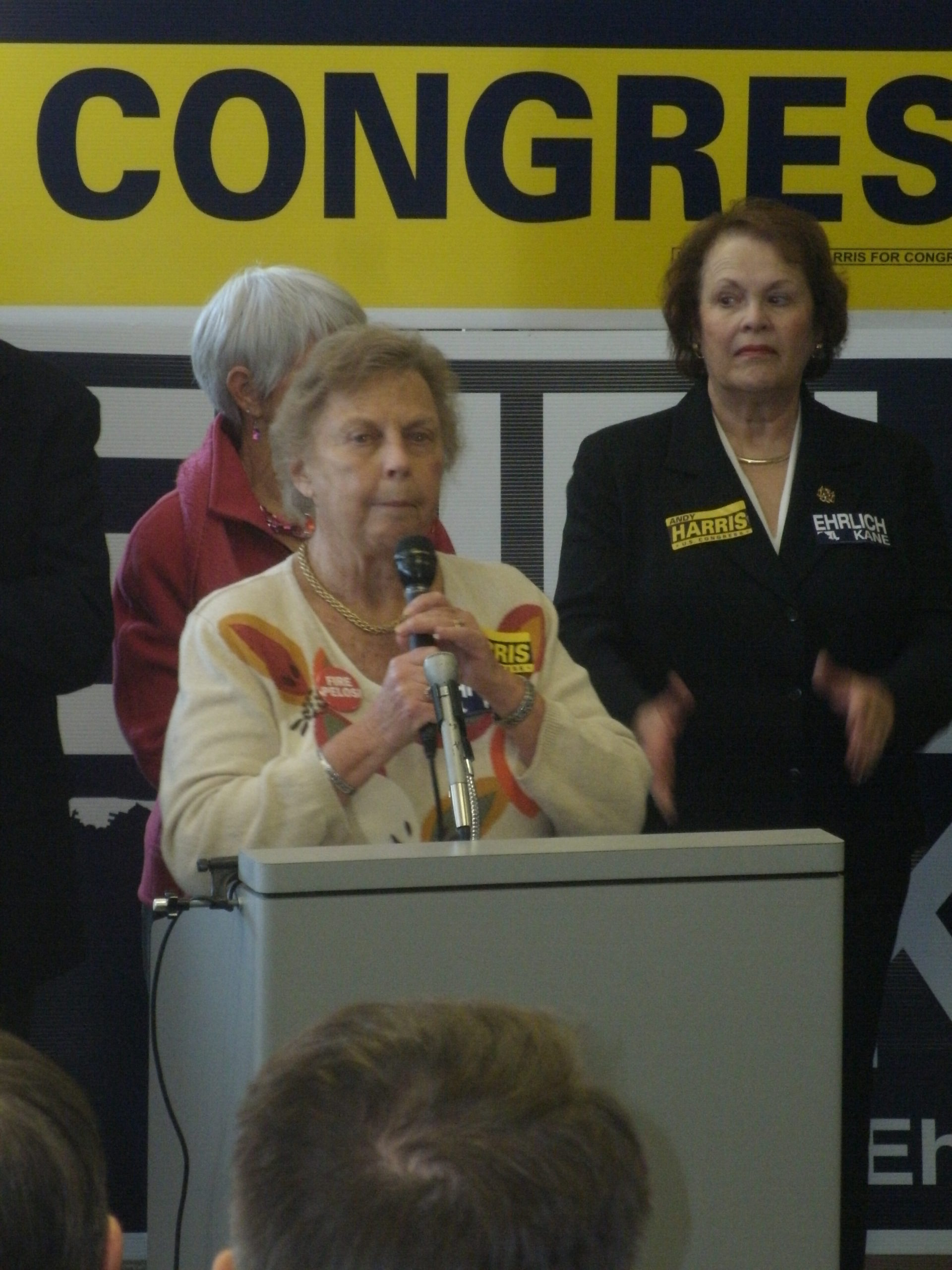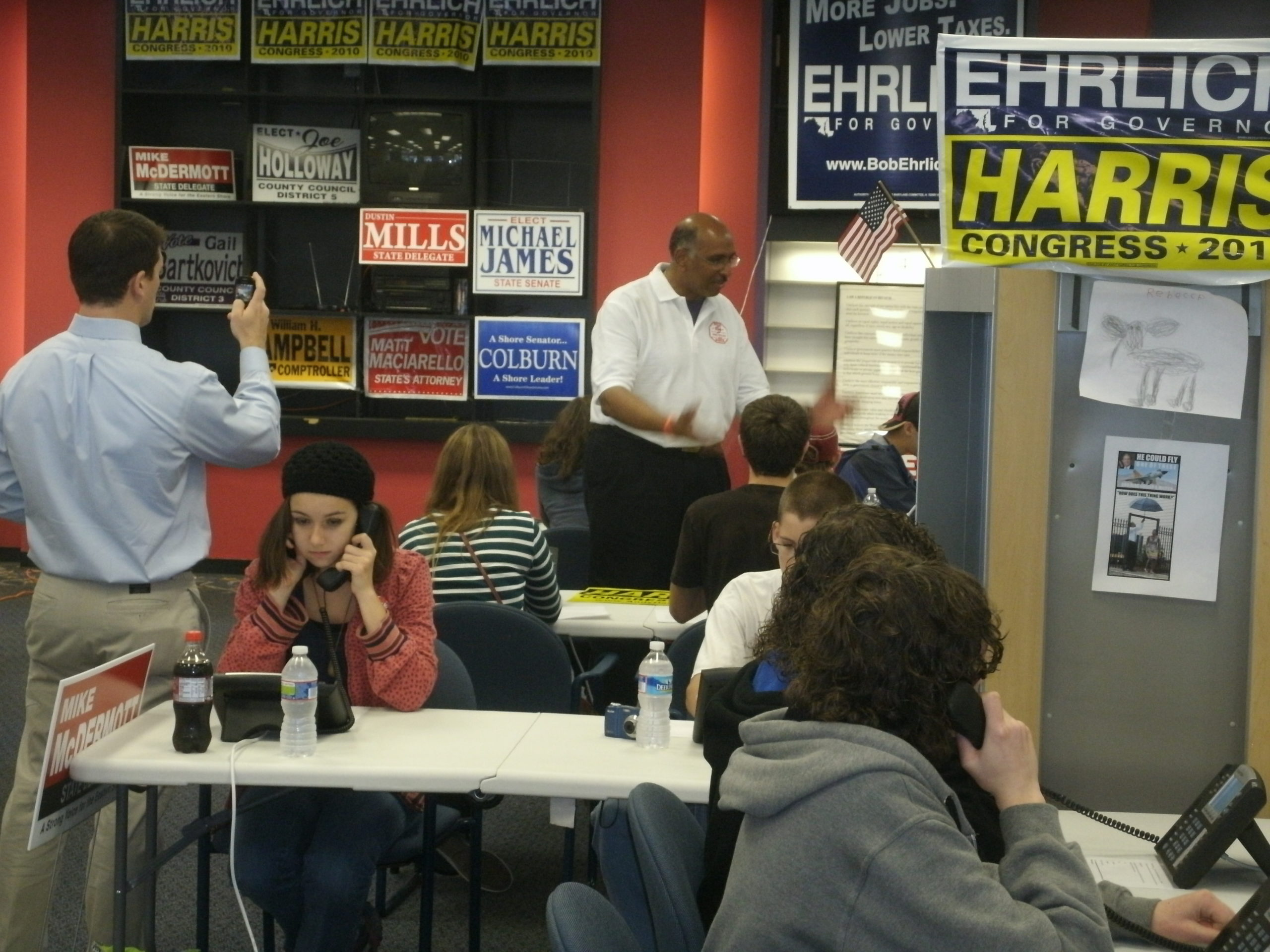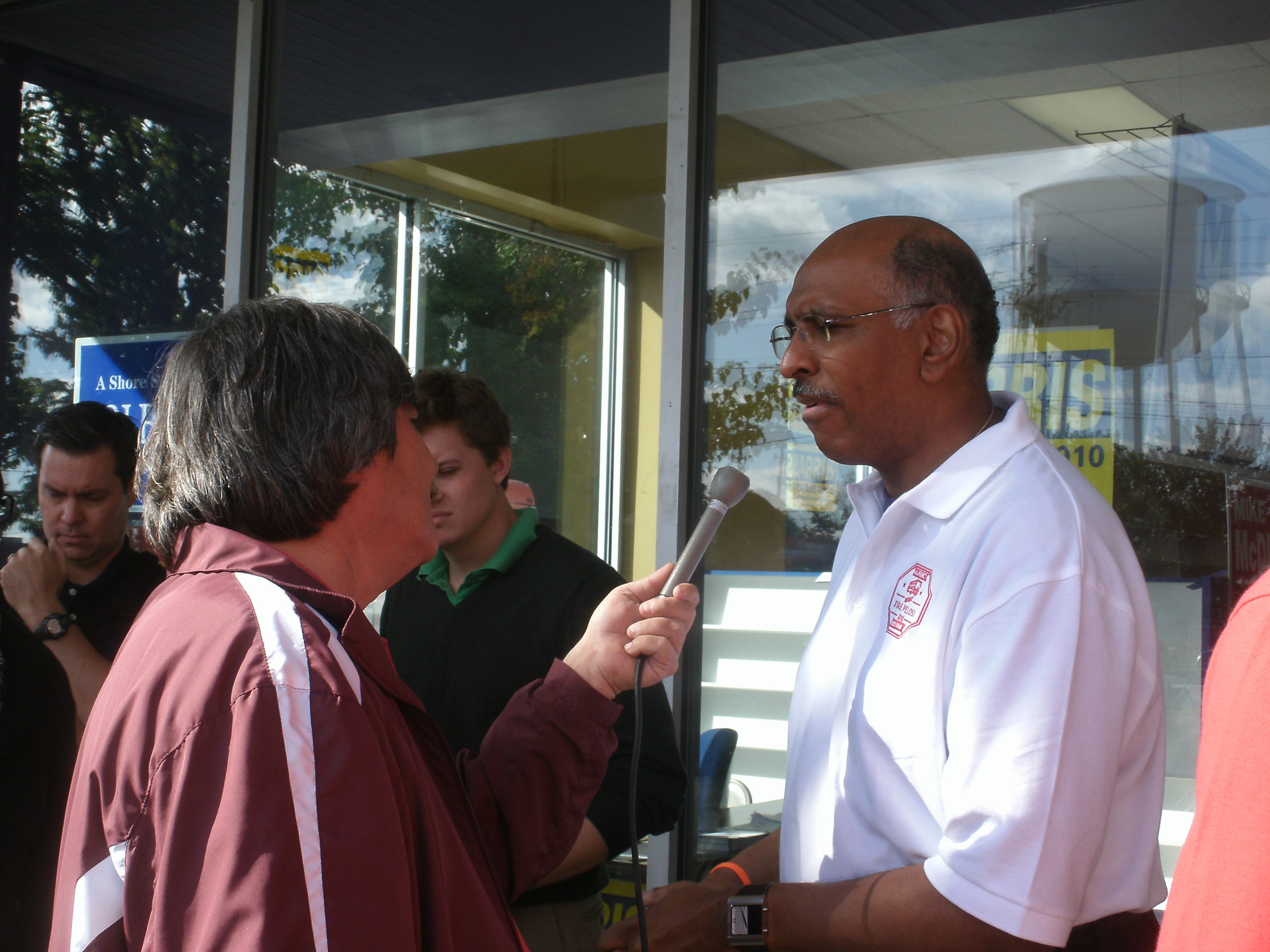Well, the reviews are in – this may have topped last year’s effort as a great Lincoln Day dinner. We had our fair share of red meat, complements of our newly sworn-in Congressman who was featured speaker and we received valuable input on the direction our state party should take from another special guest.
But first we heard from the birthday honoree, who brought a few friends.
Honest Abe was actually flanked by three Union troops, but I could only get two in the picture.
Since my picture of county party Chair and event host Dave Parker didn’t turn out, his standing in the background while Lincoln spoke will have to suffice.
Abe spoke of many things during his remarks: his battles against Black Hawk in the Indian uprisings that plagued the state of Illinois in its early days, the advancement of the tools of war (which far outstripped the tools of healing the soldiers affected by this mechanization of mayhem), and his trip from Springfield to Washington in the winter of 1861. His inauguration occurred amidst a nation undergoing a perilous division, with states openly in revolt.
Yet I’m getting ahead of myself, for even the invocation had something of a political tone. Delegate Mike McDermott was pressed into service by the absence of my Central Committee cohort who usually handles these things, and Mike remarked “this is the one thing we can’t do in the House of Delegates.”
College Republican President Tim Riley did the Pledge of Allegiance, which was a change since I had handled the job previously. I didn’t mind giving up the slot to our event co-hosts, who were a significant portion of the attendees.
If you’ve never come to a Lincoln Day Dinner, the usual format is to have a featured speaker or two. Last year, this was ably handled by the tag team of Bob and Kendal Ehrlich. But in his introduction for guest speaker Eric Grannon, Joe Collins asked what Martin Luther King and those involved in women’s suffrage would say about the state of our party now? The way I see it, obviously were aren’t a monochrome, single-gender organization, nor should we be.
Perhaps with an eye on that, back in December the state party selected a female First Vice-Chair and black Third Vice-Chair. Both were in attendance last night, as Diana Waterman is a frequent guest of ours anyway and Grannon gave us a clear message about the “straightforward but difficult task” of getting Republicans elected in Maryland.
He pointed out that Lincoln had the moral courage to wage a war and end slavery while Ronald Reagan had the moral courage to say the Soviet Union was the “Evil Empire.” Eric also recalled as a young boy – from a welfare family in Brooklyn, no less – hearing Reagan’s message of optimism and self-reliance and being inspired.
That Republican message, continued Eric, was one we needed to convey to what Grannon called “non-traditional” groups. By population, Maryland is nearly 30% black and we can’t win if we concede 30% of the voters to the other side. We have to go to them, but we need not change our principles. We need a plan, not a platitude – he called this a Republican Agenda for Working Families.
Introduced by former SU College Republican president Matt Teffeau, the featured speaker was a familiar face now playing a new role. I’m only disappointed that the voters of the First District realized two years later than they needed to that Andy Harris would be a dynamic voice for conservatism; then again, he plays a much bigger role in the majority than he would have as a minority party backbencher.
Right out of the gate, Andy alerted us: the revolution of 2011 is coming to Washington, D.C. While the Democrats pounded on the message of job creation over their four-year run in the majority, “they don’t get it,” claimed Andy. The “harsh reality” for them is that the private sector creates the jobs.
But Harris also warned us of a “sobering” fiscal future, one where we have a $75 TRILLION “fiscal gap” over the next 75 years. All that we have been promised is $75 trillion more than the revenue we can expect – undoubtedly, this has to change. As he said, “the path back will be difficult.”
Yet there are a number of obstacles in the way of regaining prosperity. Harris divided them into three main areas – regulatory, taxation, and the debt itself.
Andy gave us the example of regulation run amok by pointing out the lengthy process of having dairy farmers exempted from an EPA regulation on oil tanks. Yes, milkfat is considered an oil and if you have a large enough tank preventive measures need to be in place to avoid contaminating the waterways. (Talk about crying over spilt milk!) Even after two years where the EPA promised the exemption, dairy farmers are still waiting for something that should have taken weeks, even with the required public comment period.
On taxes, our Congressman believed we need to give entrepreneurs “an edge” by lowering the corporate tax rate, and, more importantly, eliminating the estate tax entirely.
Harris brought a prop to talk about spending, a copy of The Hill with a headline that blared “Tea Party yanks GOP leash on spending cuts” and a message of not compromising the promised $100 billion in cuts despite the fact the fiscal year is nearly half-over. “100 is 100,” Andy said. He predicted “this week will be rough for Republicans” as Democrats trot out so-called victims of budget cuts. Many of these cuts will come from defunding Obamacare and zeroing out the “czars”, a comment which drew applause from the packed house.
Andy had a little time after his remarks to answer questions, but only received one regarding the PATRIOT Act. Harris revealed that only three provisions of the whole had come up for discussion – the Democrats connivingly had those expire months prior to the full reauthorization to promote a divisive vote. “We will look at the PATRIOT Act” in full come December, including hearings, promised Andy.
After Andy concluded his remarks, we took a few moment to recognize a number of elected officials and honored guests, a group which included those who ran for office in 2010 but didn’t succeed. We also commended both our 2010 Republican of the Year and a new, special category created for the recipient: the 2010 Republican Youth of the Year. Unfortunately, neither were there to collect our accolades.
Ed Nelson was our choice for Republican of the Year thanks to his tireless behind-the-scenes work, while Katherine Gaetano, who was a fixture at the Victory Center making phone calls despite her tender age of 11 at the time, was honored as the Republican Youth of the Year.
Since Delegate McDermott had opened the proceedings with his invocation, it fell to him as well to do the benediction. But he couldn’t resist making a few other remarks about the General Assembly, reminding us that President Lincoln jailed the body so Maryland wouldn’t secede from the Union. “We are fighting the good fight” in the General Assembly, said McDermott, but “there’s an insanity run amok in this state.” Eventually Mike did get to the defined purpose of a closing prayer and the 2011 Wicomico County Lincoln Day Dinner was history.
Yet many participants lingered afterward, and I had the pleasure of meeting Robert Broadus of Protect Marriage Maryland – he’s also throwing his hat into the ring to challenge Ben Cardin in 2012. (He unsuccessfully ran for Congress in the Fourth District in 2010, taking on Donna Edwards.) Broadus will be back in the area for a gathering to discuss the same-sex marriage proposal in Maryland at 7 p.m. on February 22nd at Adam’s Ribs in Fruitland. (The event is being sponsored by the Wicomico Maryland Society of Patriots.)
Speaking of the MSP, Julie Brewington at Right Coast has more pictures of the event as well as remarks on video, including from Andy Harris. Between us, we pretty much have the full coverage.
I’ll leave you with the wisdom of “Maxine.”


